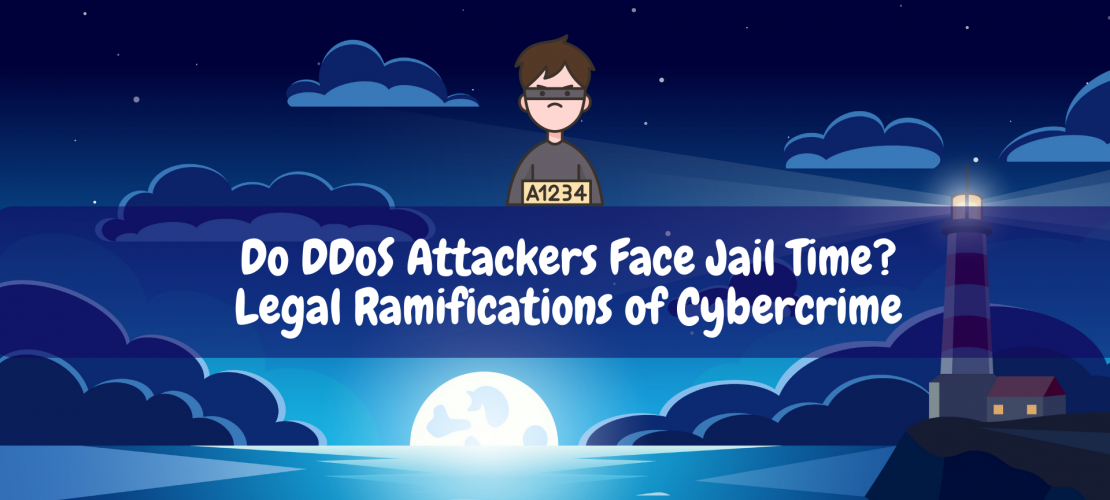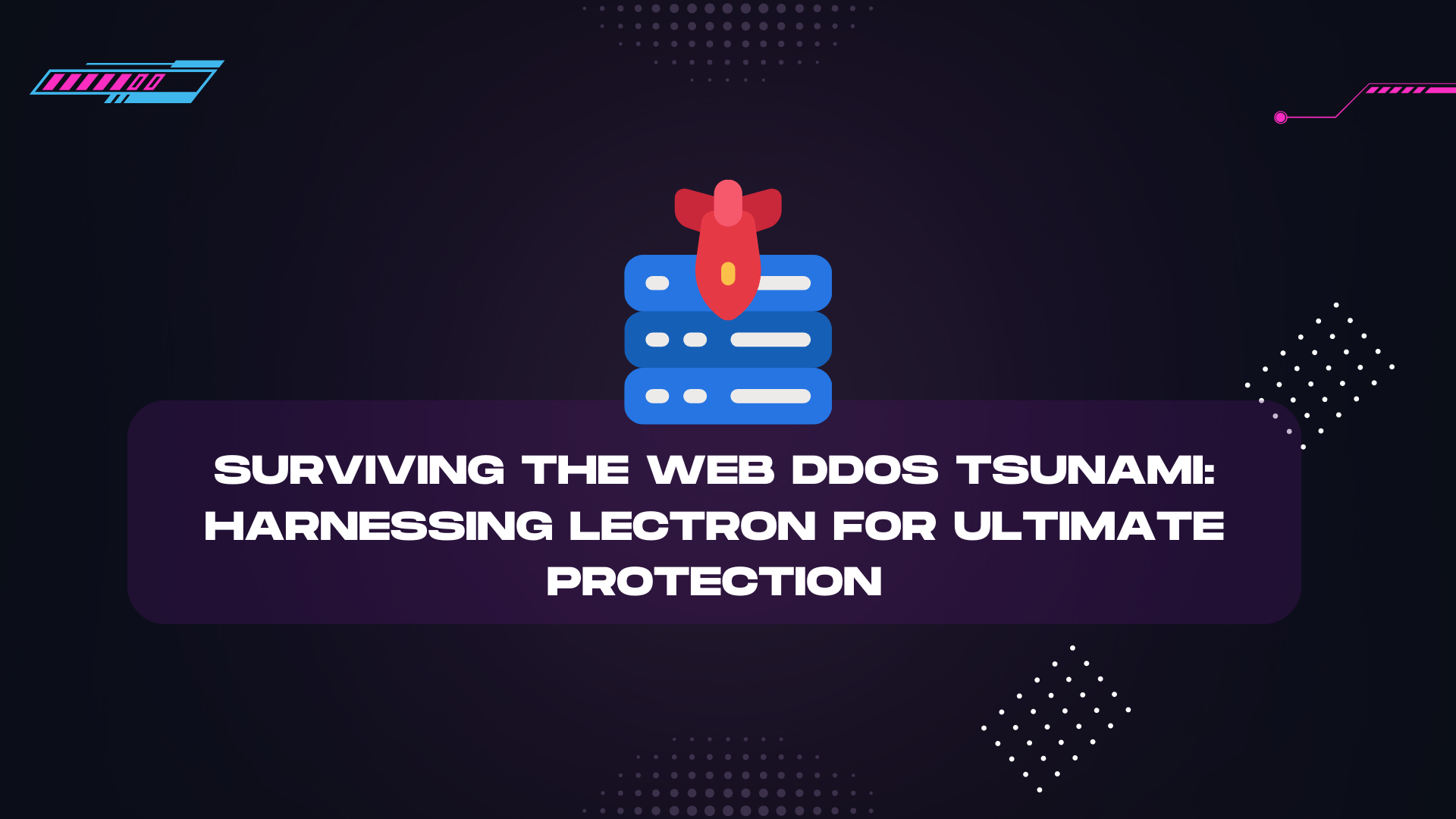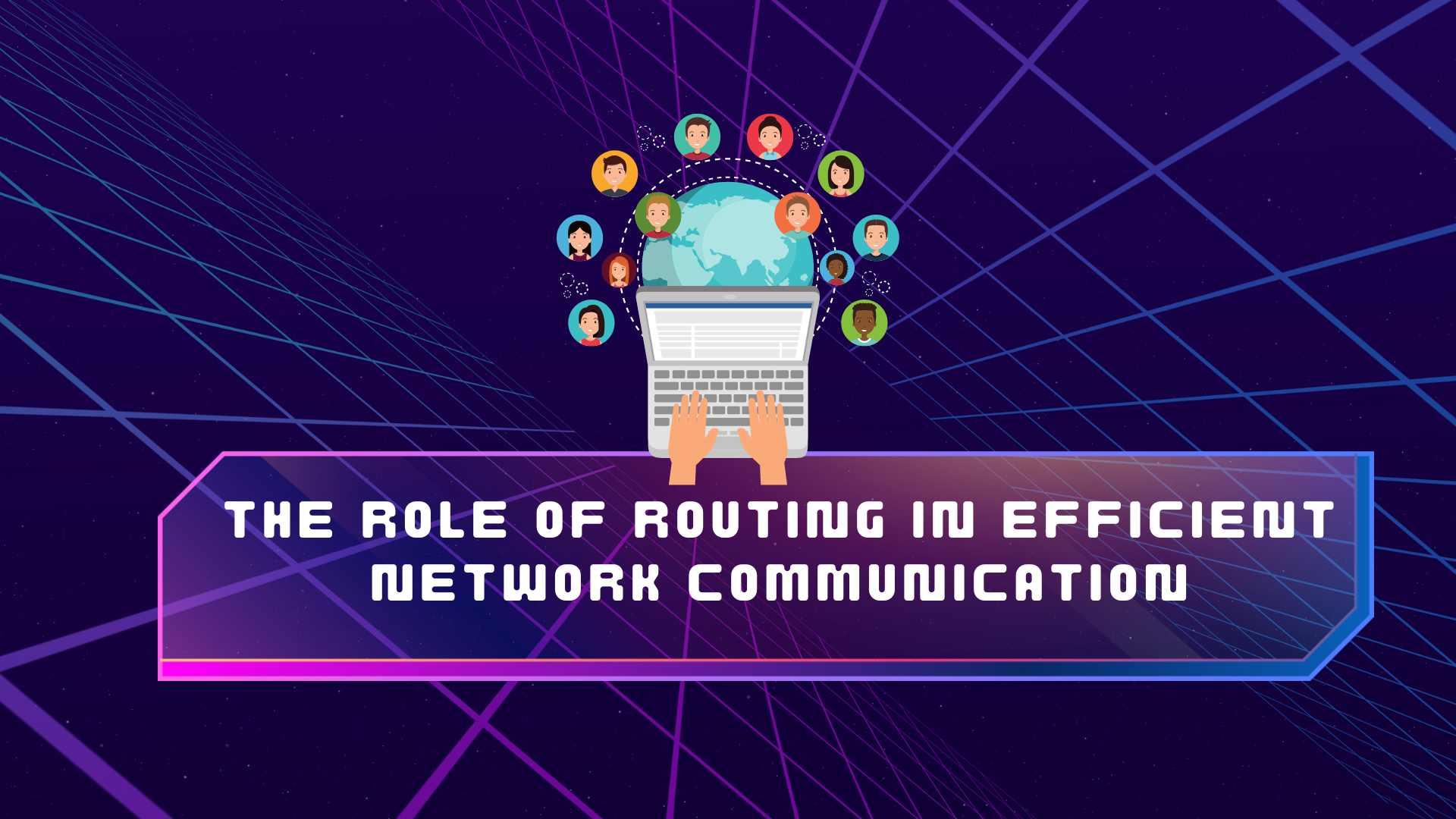The world of cybercrime is growing rapidly, and one of the most notorious forms of cyberattacks is Distributed Denial of Service (DDoS) attacks. These attacks can cause significant financial, operational, and reputational damage to businesses, organizations, and individuals. In recent years, the legal consequences of such attacks have been under scrutiny, and various countries have implemented strict laws and penalties to combat cybercrime.
In this article, we will explore the legal ramifications of DDoS attacks and whether attackers face jail time for committing such crimes. We will discuss the laws and penalties in various countries and what steps businesses and individuals can take to protect themselves from DDoS attacks.
Laws and Penalties for DDoS Attacks:
DDoS attacks are illegal in most countries, and the penalties for committing such crimes vary depending on the severity of the attack and the country’s laws. In the United States, the Computer Fraud and Abuse Act (CFAA) is the primary law that deals with cybercrime, including DDoS attacks. Under the CFAA, a person found guilty of DDoS attacks can face fines and imprisonment for up to 10 years.
Similarly, in the United Kingdom, the Computer Misuse Act (CMA) is the primary law that deals with cybercrime. The CMA makes it illegal to conduct DDoS attacks and other forms of cybercrime. The penalties for committing such crimes can result in fines and imprisonment for up to ten years.
In Australia, the Commonwealth Criminal Code Act 1995 prohibits unauthorized access to computer systems and other forms of cybercrime, including DDoS attacks. The penalties for committing such crimes can result in fines and imprisonment for up to ten years.
In Singapore, the Computer Misuse and Cybersecurity Act (CMCA) is the primary law that deals with cybercrime. The CMCA prohibits unauthorized access to computer systems and other forms of cybercrime, including DDoS attacks. The penalties for committing such crimes can result in fines and imprisonment for up to ten years.
In all of these countries, the severity of the DDoS attack and the damage caused will impact the penalties imposed. Additionally, other factors such as the attacker’s criminal history, motive, and intent will also be taken into account.
Do DDoS Attackers Face Jail Time?
In most cases, DDoS attackers do face jail time if they are caught and convicted of committing cybercrime. As mentioned above, the severity of the attack and the country’s laws will impact the penalty imposed on the attacker. In general, more severe attacks that cause significant damage will result in longer prison sentences.
It is worth noting that the punishment for DDoS attacks varies across different jurisdictions. Some countries have stricter laws and penalties for cybercrime than others. For example, in some countries, a first-time offender may receive a less severe punishment than in other countries where the laws are more stringent.
Steps to Protect Against DDoS Attacks:
To protect against DDoS attacks, businesses and individuals should take proactive measures to secure their networks and systems. Here are some steps that can be taken to protect against DDoS attacks:
- Use Anti-DDoS Services: Businesses and individuals can use anti-DDoS services to protect against DDoS attacks. These services work by filtering out malicious traffic and allowing legitimate traffic to pass through.
- Use a Content Delivery Network (CDN): A CDN can help mitigate the impact of DDoS attacks by distributing traffic across multiple servers. This reduces the impact of the attack on any single server.
- Keep Software Up-to-Date: It is essential to keep software up-to-date to patch any vulnerabilities that could be exploited by attackers. This includes operating systems, web servers, and applications.
- Implementing network segmentation is another effective way to protect against DDoS attacks. This involves dividing a network into smaller, more manageable segments, each with its own security controls. By segmenting a network, an organization can limit the impact of a DDoS attack by confining it to a single segment. This can prevent the attack from spreading to other parts of the network.
- Monitor Network Traffic: Monitoring network traffic is essential to detect and respond to DDoS attacks. This can be done using intrusion detection systems (IDS) and intrusion prevention systems (IPS). These systems monitor network traffic and can automatically block traffic that appears to be malicious.
- Have a DDoS Response Plan in Place: It is important to have a DDoS response plan in place to quickly and effectively respond to an attack. This plan should include steps for detecting and mitigating an attack, as well as steps for notifying stakeholders and restoring services.
- Train Employees: Employees should be trained on how to recognize and respond to DDoS attacks. This includes knowing how to identify suspicious network traffic, as well as understanding their role in responding to an attack.
Conclusion:
DDoS attacks are a serious threat to businesses and individuals alike. They can cause significant disruption and financial losses. However, by taking proactive measures to secure networks and systems, it is possible to mitigate the risk of DDoS attacks. Businesses and individuals should use a combination of technical solutions and best practices to protect against DDoS attacks. This includes using anti-DDoS services, implementing network segmentation, monitoring network traffic, and having a DDoS response plan in place. Additionally, training employees on how to recognize and respond to DDoS attacks can help organizations better protect themselves from this growing threat.




